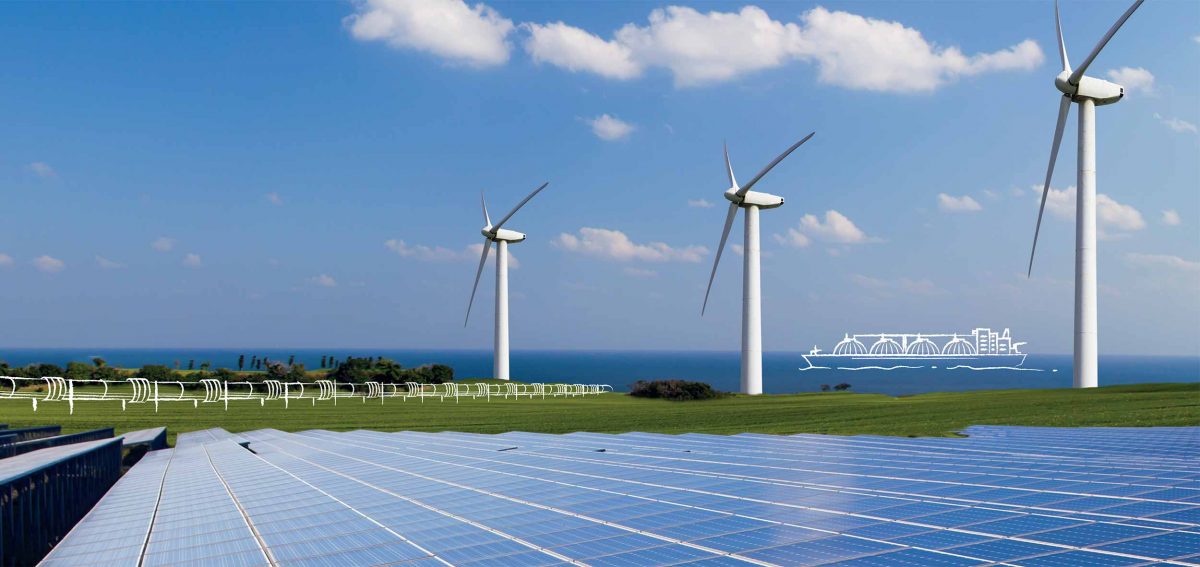
Aberdeen — As a gateway to the North Sea, Aberdeen has been pivotal to the success of the oil and gas industry, but much is now being made of the city’s potential to become a clean energy hub world leader, using much of its existing infrastructure.
GlobalData’s Power Technology writer Julian Turner asks Maggie McGinlay, deputy CEO, Opportunity North East, what advantages does Aberdeen have?
McGinlay says: “The recent announcement, by ONE, of the ambition for an Energy Transition Zone (ETZ) will accelerate the delivery of net zero solutions and create an energy transition cluster built on offshore wind, hydrogen, and CCUS linked to Aberdeen Harbour South with the new deep-water facilities, providing the physical infrastructure and collaborative environment to fast-track investment.
“Significant knowledge and experience in offshore project management, underwater cables and foundations, semi-submersibles, moorings, autonomous vehicles and robotics is [all] transferable and essential to the commercial-scale success of offshore wind and other offshore renewable energy.
“Aberdeen has already demonstrated first-mover advantage with involvement in hydrogen buses and fleet vehicles, and the P&J Live/TECA conference and exhibition centre has the largest hydrogen fuel cell installation in the UK.
“The city has invested £35m in hydrogen production, refuelling infrastructure and hydrogen-powered vehicles, and the City Council, alongside ONE and Scottish Enterprise, is looking at the potential for a production, storage and distribution hub.”
Also Read: Shell’s oil and gas reserve life drops for sixth year in a row
McGinlay points to well-established offshore renewable energy projects already deployed in the north-east of Scotland, including Hywind Floating Wind, the European Offshore Wind Deployment Centre, Kincardine Floating Wind and the planned Acorn CCUS project.
McGinlay says: “Investment in floating wind is a big opportunity, and one where the oil and gas sector’s experience of deeper water is needed in order to provide solutions and accelerate cost reduction.”
However, McGinlay concludes by reiterating that oil and gas still has a vital role to play in Aberdeen’s clean energy renaissance and to the ultimate goal of bringing all greenhouse gas emissions to net zero by 2050.
McGinlay says: “By mid-century, two thirds of the UK’s energy requirement will come from renewables, with the remainder coming from oil and gas. Therefore, production from the UKCS offshore industry remains critical if the UK’s energy needs are to be met in the medium to long-term.”



